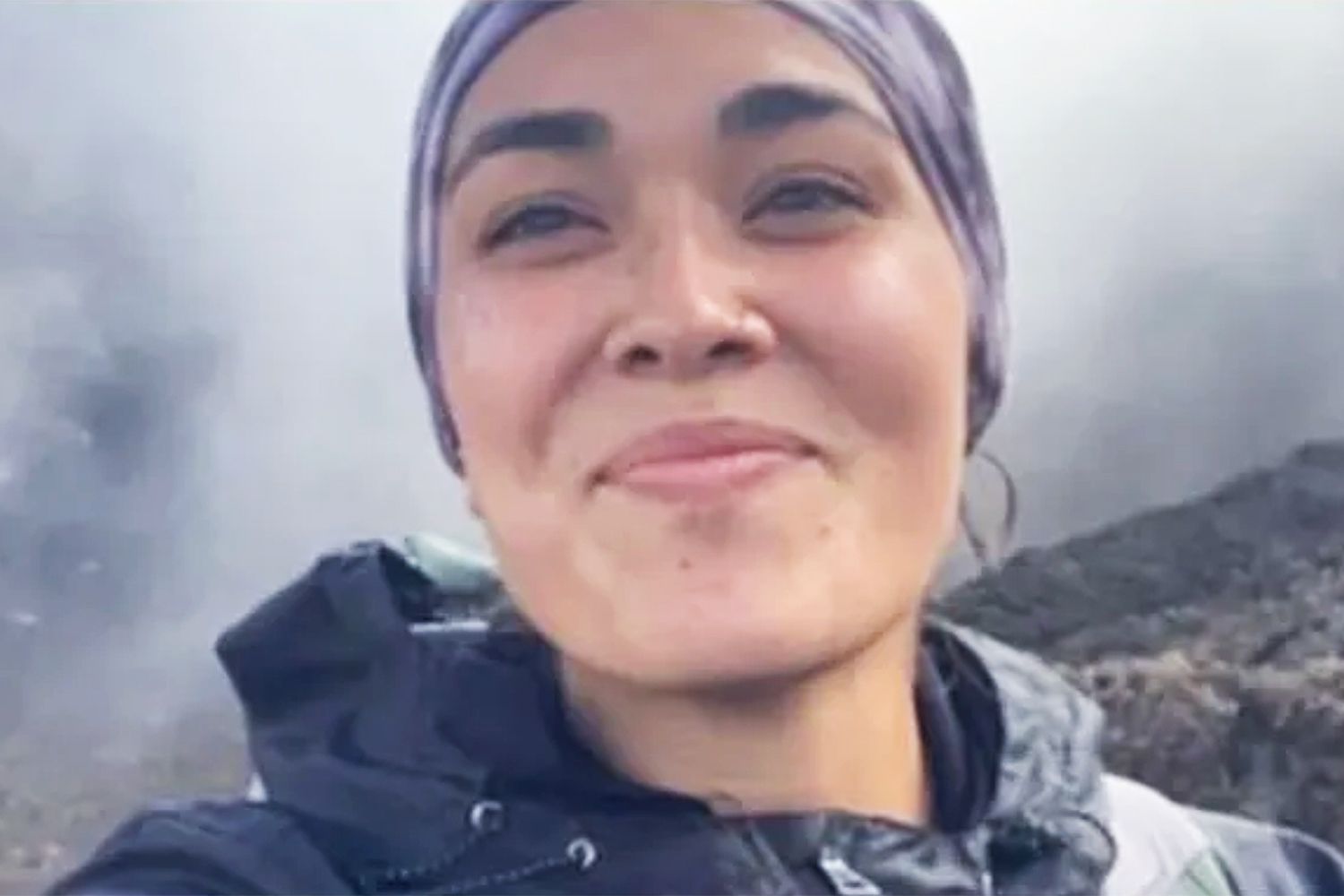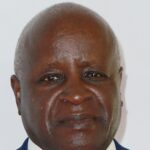- A key discovery for police in Hannah Kobayashi’s case was learning the truth about reports she was seen in Los Angeles with an unknown person who could have put her in danger
- As officials learned more, their view of the man’s relationship to Kobayashi changed
- “For the amount of time they spent together, he pretty much was an ear to listen,” a detective says
Before she walked into Mexico and vanished — either by choice, as the police believe, or potentially as the result of something more nefarious, according to her family — Hannah Kobayashi spent the night in Los Angeles with a stranger she happened to meet near the airport.
The two formed a quick bond after crossing paths and then spent about nine hours together, walking through downtown L.A. and meandering their way to Union Station, where they fell asleep.
In the morning, Kobayashi, a 30-year-old photographer and smoke shop employee, was gone.
This is according to members of the L.A. Police Department’s missing persons unit who spoke at length with PEOPLE this week in the wake of announcing Kobayashi was being classified as a voluntary disappearance — a determination that her family has loudly challenged, saying they will now do their own search.
But law enforcement says they devoted significant resources since mid-November to untangling Kobayashi’s case after she arrived in the city from Hawaii and then appeared to go missing from Los Angeles International Airport on Nov. 11.
Now authorities are detailing what they learned and who they learned it.
A key discovery, police say, was in finding the truth about reports Kobayashi had been seen with an unknown person who could have put her in danger.
“[It’s] already in the news that she’s with this male who’s scary, and she’s in big trouble,” Lt. Doug Oldfield tells PEOPLE.
“For a while, he was the last person to have seen her when we didn’t know where she was,” he says.
“So we did have to spend a few days on this to ensure that nothing bad happened,” he says.
Oldfield says investigators were able to track the man down only days after Kobayashi was first reported missing and, in the course of their work, subsequently confirmed his story about the time they spent together, including through video footage and the man’s own statements.
LAPD
In an interview with PEOPLE alongside Detective Omar Franco, who heads the missing persons unit, Oldfield says authorities looked into the man with an open mind in the days after Kobayashi’s case was opened.
“I would say, with this case, there were days and days where there’s as many reasons that something could have gone totally wrong as there were reasons that everything was okay,” Oldfield says. “So that’s where we kind of live in that middle, and that’s where we’d have to keep moving on what facts can we get, what video can we get, and just move on to what the next fact will lead us to.”
As officials learned more, their view of the man’s relationship to Kobayashi changed.
“We have this gentleman, we have them walking [on video]. We’re looking — hey, does this person seem like she’s in distress, what does she look like? We see a lot of smiling,” Oldfield says. “We see smiling from the guy.”
“There’s another video where she passes by two police officers and has a chance maybe to say, ‘Help, help,’ if there’s anything wrong,” the lieutenant continues. “So, from here, we’re able to then get a better idea of who this guy was and we identified him.”
The man, whom police are not naming, spoke with them twice, offering his side of the story.
He and Kobayashi met at LAX’s train stop and struck up a conversation around 9 p.m. local time on Nov. 11 as she was leaving the airport.
“We haven’t spoken to her, but from what we gather is that she was looking to understand how to get to Union Station and that he was going to assisting getting her there,” Oldfield says.
Never miss a story — sign up for PEOPLE’s free daily newsletter to stay up-to-date on the best of what PEOPLE has to offer, from celebrity news to compelling human interest stories.
“For the amount of time they spent together, he pretty much was an ear to listen,” Franco, the detective, says. “She just spoke and talked about her life in Maui, her personal life, her love life and so forth. And he just listened to her.”
The man described Kobayashi as a “free spirit” but said she seemed coherent and normal. She didn’t seem scared. She said she wanted to go see the redwoods and also mentioned plans to be in New York. (She was supposed to have boarded a flight there on Nov. 8, but never did; police think she actually attempted to re-book a flight but the cost was too high.)
Once at Union Station, Kobayashi and the man spent several more hours and ate dinner. They went to sleep in a waiting area, as travelers sometimes do.
And then Kobayashi got up by herself, gathered her luggage and “walk[ed] off on her own,” Franco says.
“These things, we were able to corroborate,” Oldfield says.
She bought a bus ticket at 6:10 a.m. local time on Nov. 12 and boarded shortly after, then arrived at the border about four hours after that. She walked into Tijuana around noon.
Her phone, for whatever reason, was left behind at LAX.
Because police believe Kobayashi is in Mexico by choice, their investigation has stopped, though she will remain in the system until her well-being is confirmed.
Her family, who drew national attention to her case, have been vocal in raising awareness about her, including their concerns about whether she was victimized in some way.
Her mother and sister said in a statement earlier this week that they are “committed to doing everything possible to bring her home safely.”
They also cautioned against what they called “speculative conclusions.”
“Spreading awareness and sharing verified information about her case is crucial, and we deeply appreciate your continued support in these efforts,” they said.
Police say they’d like to hear from Kobayashi, too.
“We’re all just — everyone else is very invested in this now, and just what her thought process through all this was, and what her end game or goal was,” Detective Franco says.
Oldfield says: “We don’t have her side of the story.”
Read the full article here








